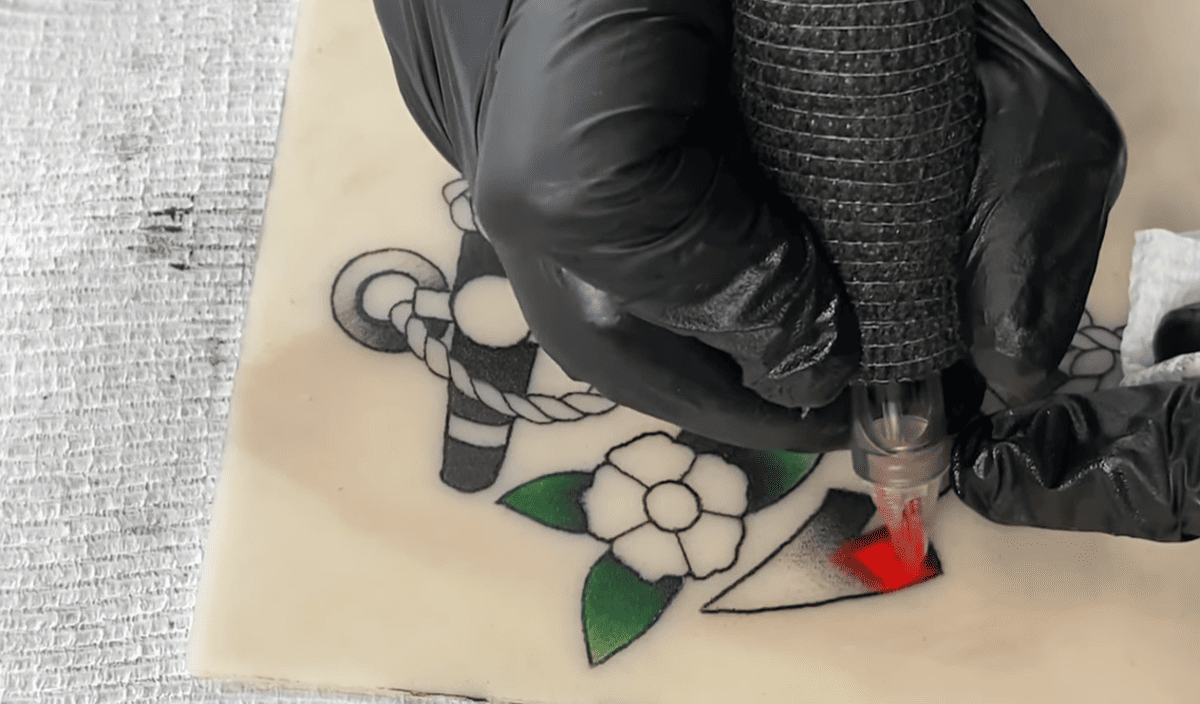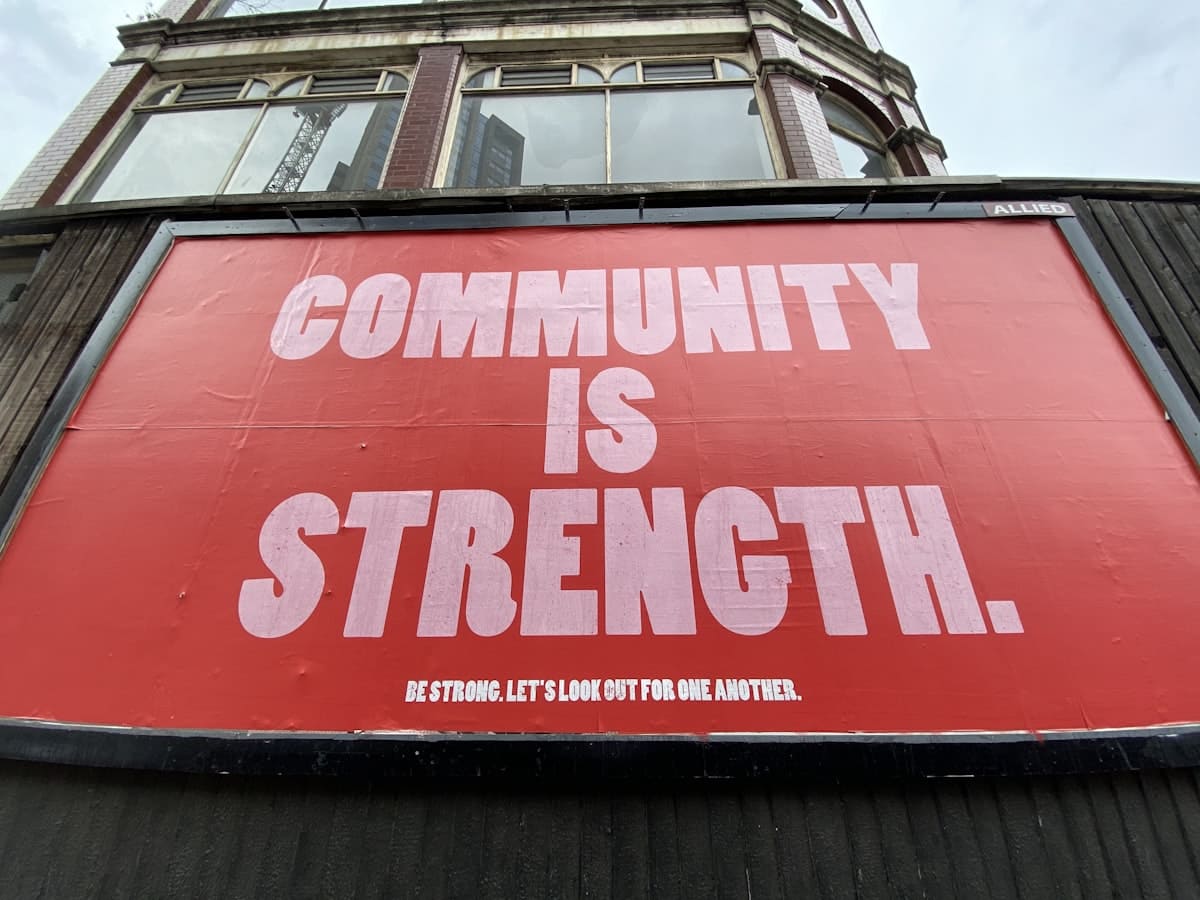Have you ever caught the bartending bug, dreaming of swirling your own signature cocktails and mastering the perfect pour? If so, one of the first questions you’ll need to answer is how old you have to be before stepping behind the bar. In the United States, there’s no one-size-fits-all rule—some states allow you to bartend at 18, while others make you wait until 21. Below, we’ll explore these state-by-state requirements so you can figure out where and when you can legally start your bartending journey. Remember, though, that local laws can vary, so always verify the details for your specific city or county.
Table of Contents
Why Age Requirements Matter
Bartending is more than just pouring beverages. It involves handling alcohol responsibly, checking IDs, and understanding liquor liability laws. States set minimum age requirements to ensure bartenders are legally allowed to handle and serve alcoholic drinks. While some places may allow those under 21 to serve alcohol in a restaurant setting, they might draw the line at mixing cocktails at a dedicated bar.
States Where Bartenders Can Start at 18
A large number of states set the legal bartending age at 18, making it possible for recent high school graduates to jump right into the industry. A few examples include:
- Arkansas
- Colorado
- Idaho
- Kansas
- Louisiana
- New York
- Texas
In these states, once you turn 18, you can legally mix and serve cocktails, beers, and wines behind the bar. Keep in mind there may be specific local or county regulations—some bars might still prefer or require employees to be 21 for insurance or policy reasons.
States Where the Minimum Age Is 19 or 20
It’s slightly less common, but a handful of states and jurisdictions set the minimum age above 18 but below 21. For instance:
- Arizona often sets the age for bartending at 19.
- Certain local municipalities or tribal jurisdictions may set unique requirements that differ from state law.
If you’re in a state or county that says 19, you might be able to serve or handle beer and wine at 18, but need to wait another year for cocktail duties. Always check local laws to confirm whether there are exceptions or distinctions based on the type of alcohol being served.
States That Require Bartenders to Be 21
Some states keep it simple and mandate that you must be 21 to work as a bartender. This typically aligns with the federal legal drinking age, but it’s not the rule everywhere in the U.S. States that commonly require a bartender to be at least 21 include:
- Alaska
- Nevada
- Utah
These states view bartending as a role that demands the same minimum age as purchasing or consuming alcohol. If you live in one of these areas and aren’t 21 yet, you may still be able to work in a restaurant or bar as a server, but you’ll likely be limited in how much you can handle or serve alcohol.
Tips for Verifying Local Laws
- Check Official Websites: Your state’s Alcoholic Beverage Control (ABC) board or similar governing agency will often have the exact regulations online.
- Contact Local Authorities: If you’re uncertain, call or email your city or county clerk’s office for clarification.
- Ask Potential Employers: Bar and restaurant owners usually stay updated on liquor laws; they can tell you what is or isn’t allowed in their establishment.
Starting a Bartending Career Early
If your state allows you to bartend at 18 (or 19), you can get an early start in an industry that blends customer service, creativity, and interpersonal skills. While you wait for your 21st birthday, you can:
- Shadow Experienced Bartenders: Gain knowledge by watching how they interact with customers and handle busy shifts.
- Learn the Basics: Master the fundamentals—like pouring techniques, cocktail recipes, and bar hygiene—through online courses or local bartending schools. DrinksWorld.com offers various resources to help you sharpen your skills, regardless of your age.
- Focus on Responsible Service: Understand how to check IDs, handle intoxicated patrons, and follow state laws regarding alcohol service.
Final Thoughts
In the U.S., the youngest age you can become a bartender isn’t a straightforward, one-size-fits-all answer. It largely depends on where you live. Some states welcome you behind the bar at 18, others insist on 21, and a few land somewhere in between. If you’re passionate about bartending and eager to begin, your best move is to research your state’s requirements, connect with local bars, and start practicing the craft. With the right training and legal clearance, you could be shaking cocktails for customers sooner than you think.









